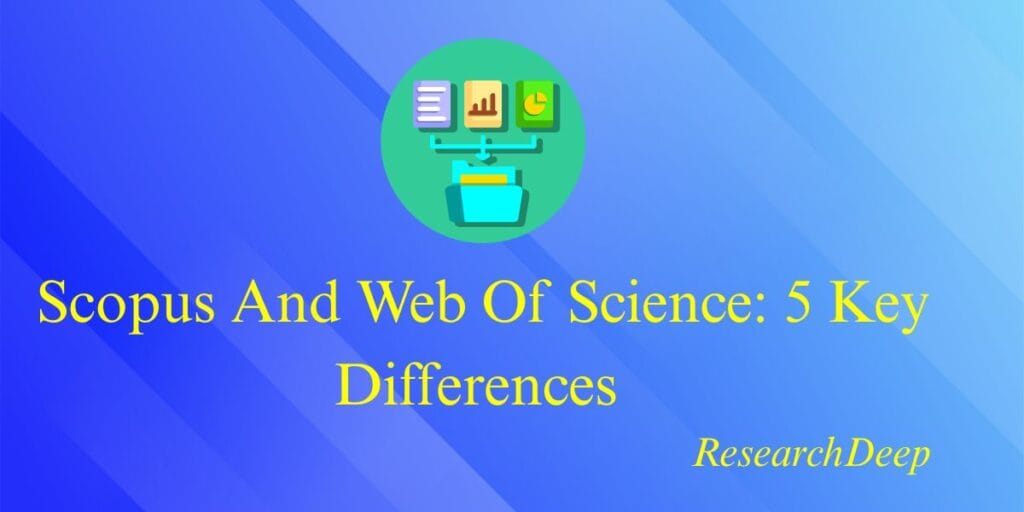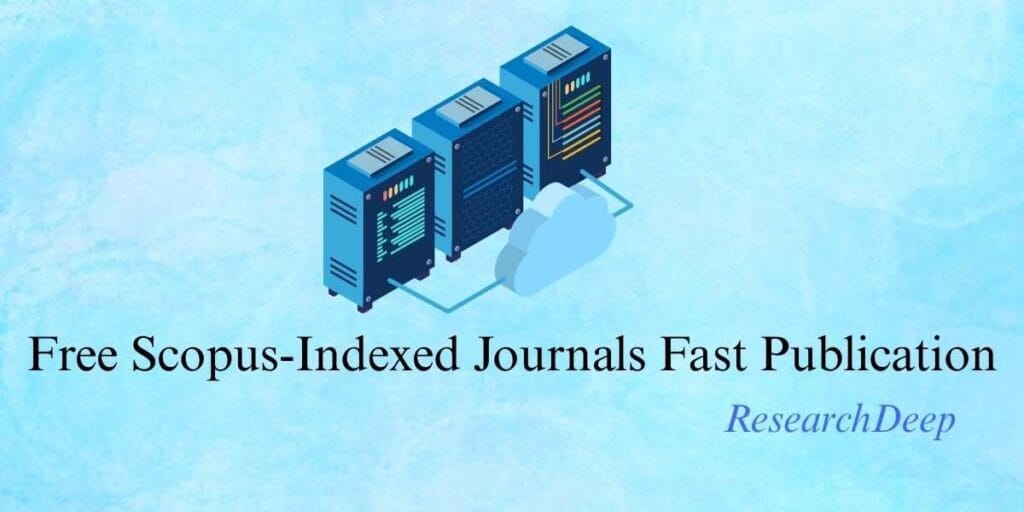| Tool | Function | Source Type | Cost |
|---|---|---|---|
| Unpaywall | Finds legal OA versions in repositories. | Journal & repository links | Free |
| PaperPanda | Locates PDFs from OA sources with one click. | arXiv, DOAJ, CORE | Free |
| Open Access Button | Finds public or author-uploaded copies. | Institutional repositories | Free |
5. Other Strategies for Free Access
Even when articles are paywalled, several legitimate alternatives can help:
- Email the author directly: Most researchers share a personal copy upon request.
- Add “PDF” to Google search: e.g., “Cognitive load in PhD writing PDF”.
- Check university repositories: Many theses and dissertations are publicly available under institutional open-access mandates.
- Use national consortia: In India, for instance, INFLIBNET and Shodhganga offer free academic content for registered users.
| Platform | Type | Access | Ideal For | Peer-Reviewed |
|---|---|---|---|---|
| Google Scholar | Search engine | Free/Partial | General academia | Mixed |
| CORE | Aggregator | 100% Free | All disciplines | Mixed |
| Semantic Scholar | AI-powered | Free/Partial | STEM, interdisciplinary | Mixed |
| BASE | Indexer | 100% Free | Institutional papers | Mixed |
| arXiv | Repository | 100% Free | STEM preprints | No |
| PubMed Central | Repository | 100% Free | Medicine, biology | Yes |
| DOAJ | Directory | 100% Free | Peer-reviewed journals | Yes |
| ResearchGate | Social network | Free | Multidisciplinary sharing | Mixed |
Related Reads
9 Best Research Paper Search Engines
How To Check Scopus-Indexed Journals: Step-By-Step
Where To Read Research Papers For Free
Best Websites For Research: Type-Specific Guide
FAQs
Where can I find free research papers online?
You can find free research papers through open-access databases and academic search engines like Google Scholar, CORE, DOAJ, and Semantic Scholar. For subject-specific areas, PubMed Central (biomedical) and arXiv (STEM) provide free full-text access to peer-reviewed and preprint papers.
What is the difference between open-access and free access?
Open-access papers are permanently free to read, share, and reuse under a license (such as Creative Commons).
Free-access papers may be temporarily or partially free (for example, through publisher promotions). For long-term reliability, prefer open-access repositories like DOAJ or institutional archives.
What are the best websites to download free research papers by field?
STEM: arXiv, PubMed Central, and IEEE Xplore (open portions)
Social Sciences & Humanities: SSRN, ResearchGate, and Academia.edu
Multidisciplinary: Google Scholar, Semantic Scholar, and CORE
Can I use free research papers in my thesis or dissertation?
Yes—free research papers can be cited and referenced in academic work, provided they come from legitimate, peer-reviewed, or credible open-access sources. Always include proper citations with author names, titles, journal names, and DOI links to maintain academic integrity.
Conclusion
The growing open-access movement ensures that knowledge remains a global public good. Tools like CORE, DOAJ, and PubMed Central have democratized academic access, while Google Scholar and Semantic Scholar connect researchers to both open and subscription content.
For the most efficient workflow:
- Use Google Scholar + Unpaywall for discovery and free access.
- Explore CORE and BASE for repository-based literature.
- Supplement with ResearchGate or Academia.edu for author-posted copies.
By combining these strategies, even independent scholars can access a vast collection of research papers without paywalls—a significant step toward equitable academic research.
References
- Martín-Martín, A., Orduna-Malea, E., Thelwall, M., & López-Cózar, E. D. (2018). Google Scholar, Web of Science, and Scopus: A systematic comparison of citations. Journal of Informetrics, 12(4), 1160–1177. https://doi.org/10.1016/j.joi.2018.09.002
- Ammar, W., Groeneveld, D., Bhagavatula, C., et al. (2018). Construction of the Semantic Scholar corpus. Proceedings of LREC 2018.
- Pieper, D., & Summann, F. (2024). BASE: Global indexing of open-access repositories. Bielefeld University Press.
- Larivière, V., Sugimoto, C. R., & Haustein, S. (2023). The impact of preprints on scholarly communication. Scientometrics, 128(3), 2345–2367. https://doi.org/10.1007/s11192-023-04777-9
- NIH. (2025). PubMed Central Overview. https://www.ncbi.nlm.nih.gov/pmc/
- DOAJ. (2025). Directory of Open Access Journals — About. https://doaj.org/
- PLOS. (2025). Open Access Publishing. https://plos.org/
- Thelwall, M., & Kousha, K. (2017). ResearchGate: Disseminating and communicating scholarly output. Journal of the Association for Information Science and Technology, 68(4), 1029–1036.
- Unpaywall. (2025). Find open-access papers instantly. https://unpaywall.org/
- OA Button Project. (2024). Open Access Button: Access research legally. https://openaccessbutton.org/


